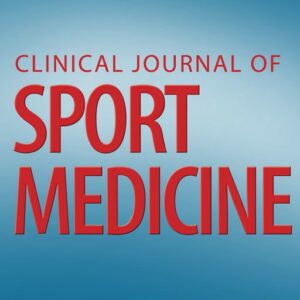Sport-related concussion (SRC) is a common injury in recreational and organised sport. Over the past 30 years, there has been significant progress in our scientific understanding of SRC, which in turn has driven the development of clinical guidelines for diagnosis, assessment and management of SRC. In addition to a growing need for knowledgeable healthcare professionals to provide evidence-based care for athletes with SRC, media attention and legislation have created awareness and, in some cases, fear about many issues and unknowns surrounding SRC. The American Medical Society for Sports Medicine (AMSSM) formed a writing group to review the existing literature on SRC, update its previous position statement, and to address current evidence and knowledge gaps regarding SRC. The absence of definitive outcomes-based data is challenging and requires relying on the best available evidence integrated with clinical experience and patient values. This statement reviews the definition, pathophysiology and epidemiology of SRC, the diagnosis and management of both acute and persistent concussion symptoms, the short-term and long-term risks of SRC and repetitive head impact exposure, SRC prevention strategies, and potential future directions for SRC research. The AMSSM is committed to best clinical practices, evidence-based research and educational initiatives that positively impact the health and safety of athletes.
Summary Points:
- King-Devick Test is included as an emerging sideline concussion evaluation tool.
- Articles (n=9) reviewed in Table 3 report data from a variety of athlete types and levels, sensitivity ranging from 60-100% and specificity ranging from 39-100%, reliability ranging from 0.90- 0.95.

